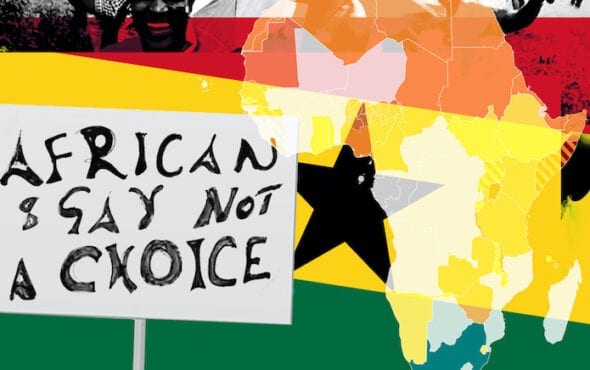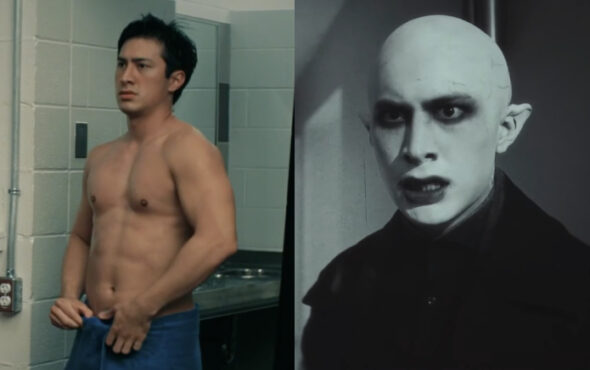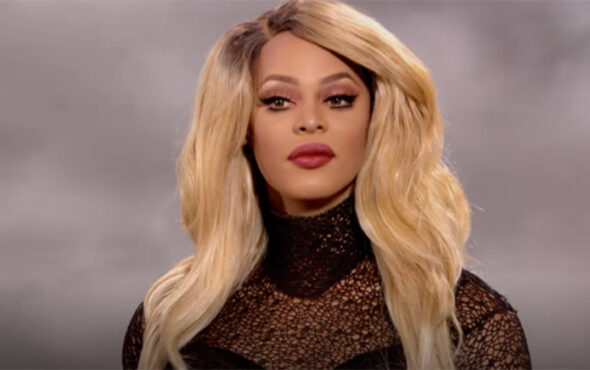
A newly opened community centre in the Ghanaian capital city of Accra has been forced to close following a wave of backlash and homophobia.
Ghana has a history of intolerance towards its LGBTQ+ community, but tensions have risen between political bodies and pro-LGBTQ+ advocacy groups following calls for Ghana’s first centre for queer people to be closed down.
What is happening to the LGBTQ+ community in Ghana?
In recent weeks, religious leaders and politicians have been campaigning for the closure of an LGBTQ+ centre that opened in January.
The facility, which is run by local charity LGBT+ Rights Ghana, was set up to offer a safe space for LGBTQ+ individuals.
However, since its opening, both the centre and LGBTQ+ Ghanaians have been subject to criticism and anti-LGBTQ+ abuse.
Ghana’s Catholic Bishops Conference (GCBC) issued a statement on the recent political discussions surrounding LGBTQ+ individuals and condemned the opening of the centre.
“We also write to support the position of Lawyer Moses Foh-Amoaning and the Coalition who for years has been championing the crusade against homosexuality,” the statement read.
The declaration also called for the government to close down the community centre: “We call on the Government of Ghana to close down the LGBTQI office space that was recently opened in Accra (and) urge the Executive and the Legislature never to be cowed down or to succumb to the pressure to legalize the rights of LGBTQIs.”
The document continued to cite religious reasons for their homophobic values and criticised the European Union delegate to Ghana for “asking Ghanaians to respect and tolerate Lesbian, Gay, Bisexual, Transgender, Queer and Intersex (LGBTQI) individuals in the country”.
LGBTQ+ individuals in Ghana are also being threatened with legalisation that will enable censorship.
Information Minister-designate, Kojo Oppong Nkrumah is proposing legislation against the LGBTQ+ community.
Nkrumah argued the Constitution of Ghana proscribes expression on “some matters”, but believes this freedom of expression can be curtailed if the wider political context calls for it.
He states the constitution is subject to the “interest of national security, public order, [and] public morality”.
But, the Information Minister-designate stressed there are “limitations on rights and freedoms” and gave the example of Ghanaians advocating for LGBTQ+ inclusivity in the country.
Nkrumah’s displeasure with LGBTQ+ advocacy led to his suggestion that political bodies should be able to “contemplate legislation in the interest of public morality” so “you cannot advocate and promote LGBTQ+ activities”.
The minister’s proposed ruling would ensure no tolerance towards LGBTQ+ matters or individuals.
You can watch Nkrumah’s advocating for anti-LGBTQ+ legislation here or below.
Information Minister-designate, Kojo Oppong Nkrumah @konkrumah proposed an anti-LGBT Advocacy law in Ghana, that may take away Freedom of Speech & Expression from LGBTQ Ghanaians & their allies.
Says this without being asked a direct question on LGBT. Watch to the end. Shameful pic.twitter.com/NDl0eCEDEZ
— Rightify Ghana (@RightifyGhana) February 19, 2021
In 2018, The Human Rights Watch issued a report that documented violence and discrimination against LGBTQ+ people in Ghana.
The report uncovered that homosexuality is banned under the Criminal Offences Act. However, the organisation stated that the law is a result of colonial legacy and rarely enforced.
In response to the intolerance expressed by politicians and ministers, The European Union Delegation to Ghana shared a message of unity and support for the Ghanaian LGBTQ+ community.
The post read: “A couple of weeks ago the EU in Ghana participated in the opening of the new community space of the LGBTQ+ Rights Ghana.
Equality, tolerance and respect for each other are core values of the EU. The EU supports civil society organisations promoting.”
However, on Tuesday (February 24), the LGBTQ+ Rights Ghana movement revealed that members of the cause had been targeted by police and their house was raided. Ghana’s first LGBTQ+ office was forced to close too.
How you can support the Ghanian LGBTQ+ community?
Ghana is among more than 70 countries and provinces around the world that still criminalises consensual same-sex relationships.
Sharing fact-checked information of what is happening in Ghana is a great way to start visibility and gain traction of a cause.
Celebrities and high-profile industry names such as Idris Elba, Edward Enninful and Naomi Campbell have come together to sign an open letter in support of Ghana’s LGBTQ+ community.
The letter has been signed by over 60 people that have Ghanaian heritage, but some individuals that do not (such as Naomi Campbell) have still opted to sign the document to showcase their support.
If you can’t afford to donate money, then share content that will help educate yourself and others on what is happening.
LGBTQ+ Rights Ghana has set up a community support fund that is designed to support and empower members of our beloved LGBTQ+ community who are financially constrained in Ghana.
Follow LGBTQ+ Rights Ghana on social media and African Equality Centre to keep to do with LGBTQ+ news.
You can also donate to Outright International which is an organisation dedicated to eliminating LGBTQ+ discrimination and violence. The donate link is here.
We will be adding further charities and support resources to this article in the next coming days.



